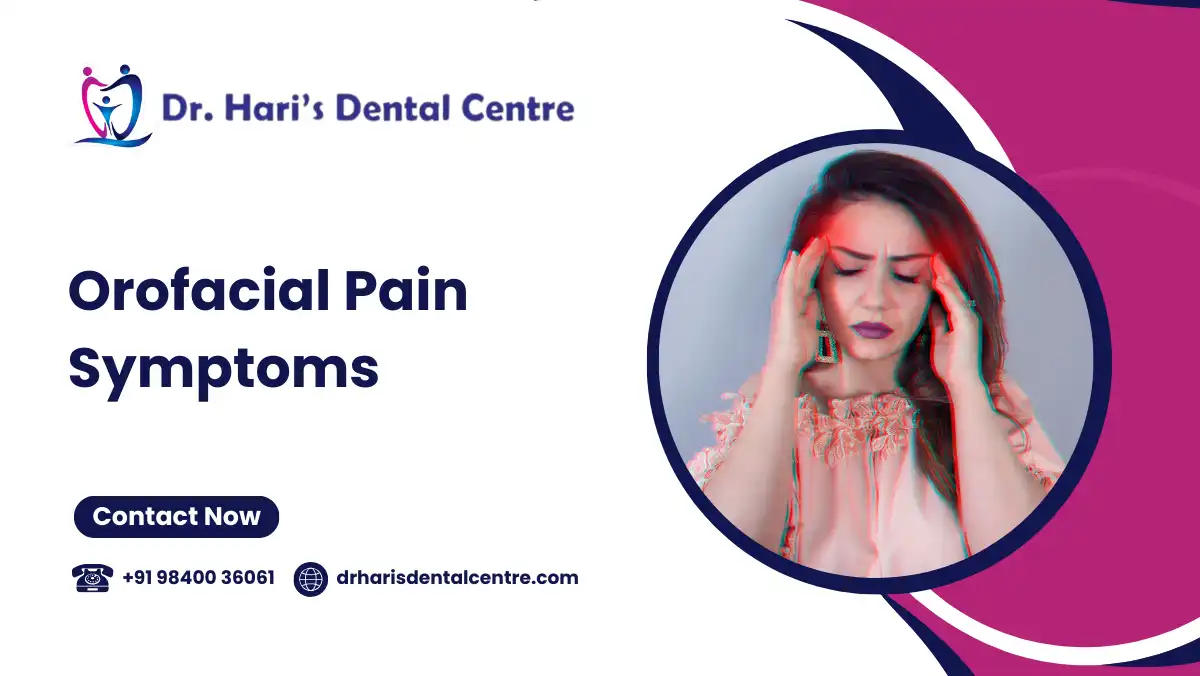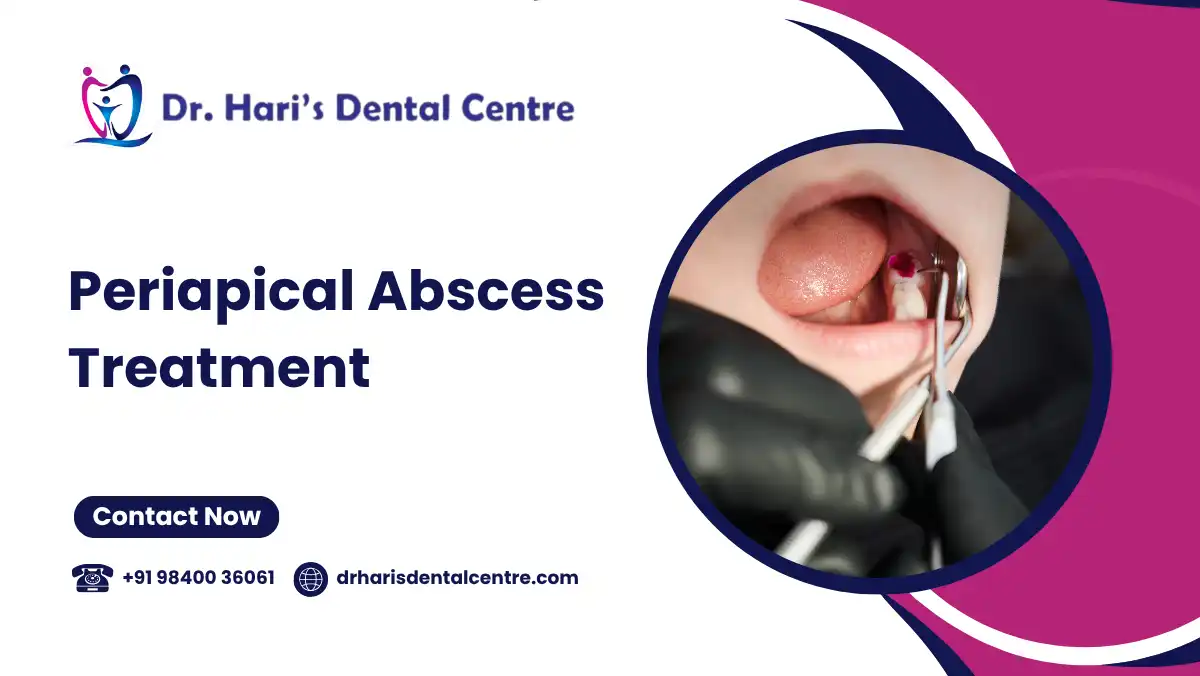Root canals treatment is a dental procedure aimed at treating infection or damage to the soft tissue inside the tooth, known as the pulp. The procedure involves removing the infected or damaged pulp, cleaning the inside of the tooth, and sealing it to prevent further issues. Root canal therapy is essential for saving teeth that might otherwise need to be extracted due to severe infection or decay. This procedure is beneficial for both children and adults, providing a long-term solution to preserve the tooth’s structure and function. Root canal treatment is a routine and highly effective procedure that alleviates pain, restores functionality, and prevents the spread of infection.
Root Canal Treatment

Root canal treatment is a dental procedure used to save teeth that are severely decayed or infected. It involves removing the infected pulp from inside the tooth, cleaning and disinfecting the space, and sealing it to prevent further infection. This procedure helps avoid the need for tooth extraction and restores the tooth’s function and structure. Root canal therapy offers long-lasting relief from pain caused by infected teeth, ensuring better overall oral health and preventing the spread of infection to other teeth.
- Prevents Tooth Loss: Root canal treatment is a critical procedure that can save a tooth from extraction. By removing the infected tissue and sealing the tooth, it helps maintain the natural structure of the tooth, keeping it functional for chewing, speaking, and smiling without the need for more invasive treatments like implants or bridges.
- Relieves Pain and Discomfort: The main reason for root canal treatment is to alleviate severe pain caused by an infected or damaged tooth. The procedure removes the infected pulp, immediately reducing the pain and discomfort associated with the infection and providing much-needed relief to the patient.
- Restores Tooth Function: After the infected pulp is removed and the tooth is sealed, it can continue to serve its purpose as a functional tooth. Root canal treatment allows patients to restore normal tooth functions, such as chewing and speaking, without worrying about further complications.
Root Canal Treatment Under Sedation
For individuals who experience anxiety or fear when it comes to dental procedures, root canal treatment under sedation offers a calming and stress-free experience. Sedation dentistry helps patients relax, making the procedure more manageable, especially for those who are particularly nervous about dental treatments. Sedation options range from mild relaxation to deep sleep, depending on the patient’s needs, ensuring the treatment is as comfortable as possible.
- Anxiety-Free Experience: Sedation dentistry offers a solution for patients who feel anxious or fearful about undergoing root canal treatment. The Root Canals calming effects of sedation help patients relax, enabling them to undergo the procedure without distress, making it ideal for those who have dental phobia.
- Greater Comfort During Treatment: Sedation makes the entire procedure more comfortable by minimizing pain and discomfort. Patients can undergo the root canal without feeling any discomfort, as the sedative ensures they remain relaxed and pain-free throughout the process.
- Safe and Controlled: Sedation is administered under the supervision of a trained professional, ensuring that the patient remains in a safe and controlled environment. This Root Canals ensures that the patient’s health is monitored closely throughout the treatment, allowing for a smooth procedure with no complications.
Apicoectomy (Root End Surgery)
Apicoectomy is a surgical procedure used when a standard root canal treatment is not enough to resolve the infection at the tip of the tooth’s root. In this procedure, the infected root tip is surgically removed, along with any surrounding infected tissue, and a filling is placed to seal the area. Apicoectomy is often recommended when a tooth that has already undergone a root canal continues to show signs of infection or if complications arise that prevent healing.
- Eliminates Persistent Infection: Apicoectomy is an effective way to address and eliminate persistent infection that cannot be resolved by a standard root canal. By removing the infection at the tip of the root, it ensures that the tooth can heal and restore normal function without further complications
. - Saves the Tooth: This procedure helps preserve the tooth that may have otherwise needed to be extracted. Apicoectomy allows the dentist to clean and seal the infected area, saving the tooth and avoiding the need for an implant or bridge.
- Long-Term Solution: Apicoectomy provides a long-term solution by thoroughly addressing the infection at the root, offering a chance for the tooth to heal fully. This Root Canals procedure ensures that the tooth remains functional and avoids future issues or the need for additional treatments.
Re – Root Canal Treatment
Re-root canal treatment, also known as retreatment, is necessary when a previous root canal treatment has failed to fully heal or when infection returns after the initial procedure. This treatment involves removing the old filling material, cleaning the root canal system again, and sealing it to prevent further infection. Retreatment is usually required when symptoms like pain or swelling reappear or if the tooth shows signs of reinfection.
- Fixes Failed Treatments: Re-root canal treatment is designed to address complications or reinfections that occur after a previous root canal, helping to correct the issue and ensure the tooth heals properly this time.
- Restores Tooth Health: This procedure provides an opportunity to restore the tooth’s health by removing the infected material and re-cleaning the root canals, ultimately saving the tooth from needing extraction.
- Prevents Further Issues: By addressing the infection again and sealing the tooth effectively, re-root canal treatment prevents the infection from spreading and ensures that the tooth remains functional and healthy in the long term.
What is Laser Assisted Root Canal Treatment ?
Laser Assisted Root Canal Treatment is an advanced dental procedure that uses laser technology to treat infected or damaged teeth in a way that can be more efficient and less painful than traditional root canal treatments. The Laser Assisted Root Canal Treatment is typically used to clean and disinfect the root canals, removing bacteria and debris more effectively than traditional tools. Here’s how it works:
- Preparation: Just like a regular root canal, the dentist will numb the area and create an opening in the tooth to access the pulp (the innermost tissue).
- Laser Use: A laser fiber is inserted into the canal, and the energy from the laser helps to clean and disinfect the canal, sterilizing the area and removing infected tissue. The laser also helps to shape the canal more precisely.
- Filling: After the canal is cleaned and disinfected, the dentist will fill the canal with a special material and seal it to prevent future infection.
The advantages of laser assisted root canal treatment include reduced pain, faster healing, less swelling, and in some cases, a quicker recovery time compared to traditional methods. However, not all root canal cases are suitable for Laser Assisted Root Canal Treatment, so it’s important to consult with a dentist to see if this approach is appropriate for your situation.
Conclusion
Root canal treatments are an essential component of restorative dentistry, helping to save teeth and alleviate pain caused by infection or decay. Whether for children or adults, these procedures restore functionality and prevent further oral health issues, ensuring the longevity of the treated tooth. Laser Root canal treatment With modern advancements in root canal therapy, including sedation options, laser treatments, and microscope-assisted techniques, patients can expect more comfortable and effective care. At Dr. Hari’s Dental Centre, we prioritize your comfort and dental health, providing personalized, advanced treatments to preserve your smile and enhance your oral well-being.
Read also: X-rays







